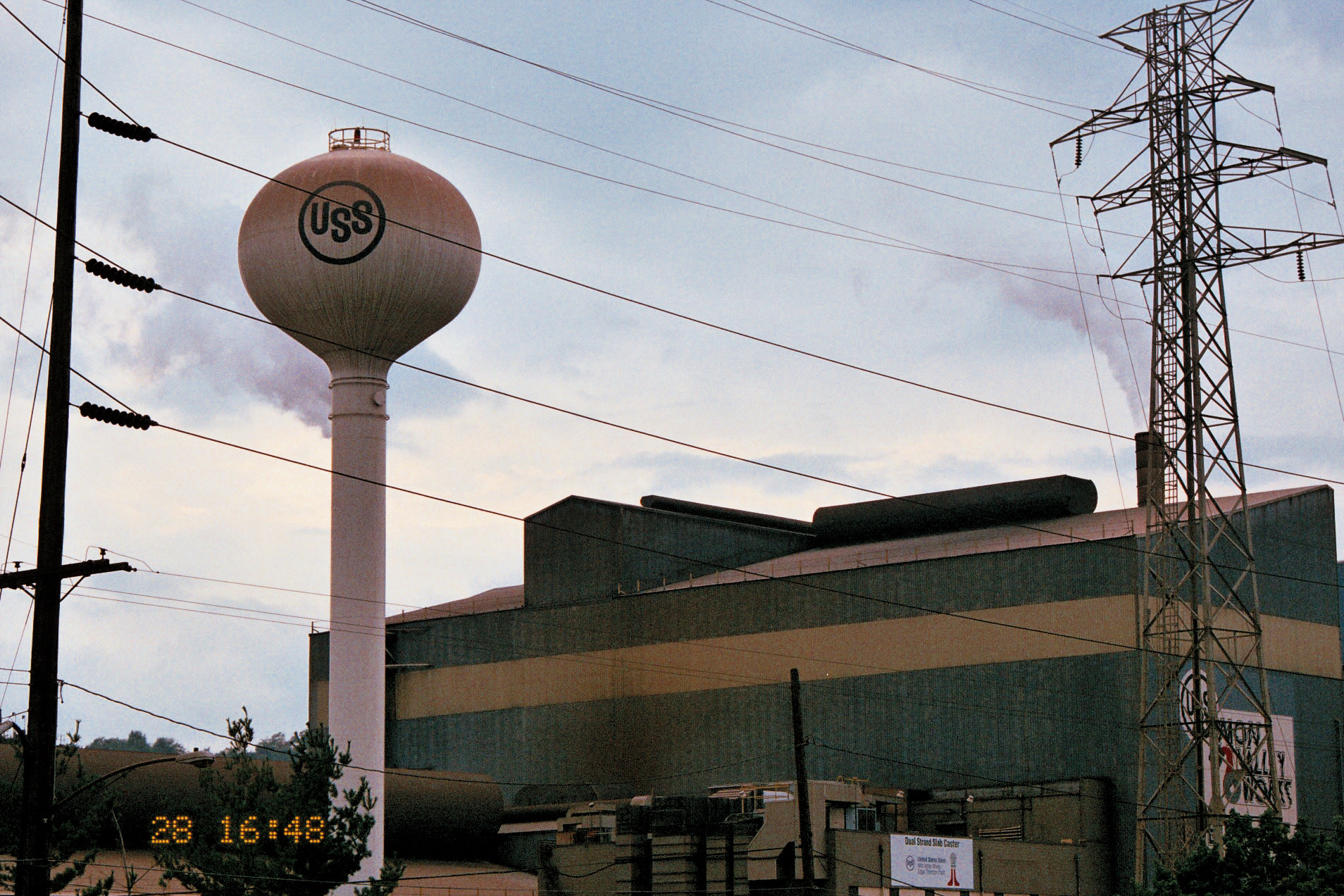Killing Time, Pt. [2] - Labor
{category_name}

It is in truth monstrous that a single one of our people should ever leave the factory. – Karl Marx
The creation, circulation and inflation of capital is tied to human labor. The labor theory of value describes the relationship between value and the working class that creates it. Throughout Capital, Marx allows the concept of labor an amount of flexibility – his most rigid chain is bound fast to value – by re-articulating labor as the machinations of capitalism grow ever more complex and the conditions for its continued success inch closer to paradox.
Labor cannot be commodified as such. [1] Labor best becomes manifested (as economically valuable) as it is reified (via the commodity), deposited in an object labored upon in a process of production which requires raw materials, human labor power, wages, tools, machinery, and land. Though these interactions (social, material, geographical, biological) are multi-faceted, they occur before, during, and after the labor process: “labor is, first of all, a process between man and nature, a process by which man, through his own actions, mediates, regulates and controls the metabolism between himself and nature.” [2] Autonomous and active, the worker initiates a mutually affective and effective laborious process that engages with nature. Through labor, he or she “sets in motion the natural forces which belong to [their] own body, [their] arms, legs, head and hands…[and] through this movement acts upon external nature and changes it, and in this way [they] simultaneously change [their] own nature.” [3] He or she changes, and is changed.